
Well, it seems the EV market is a tad more cutthroat than anticipated, with pricing pressure mounting like the suspense in a bad thriller movie.
Most interesting startup stories this weekStaying in the world of automotive, there’s been a lot of movement from the avant-garde of EV manufacturers.
These price adjustments from Ford and Lucid come hot on the heels of EV industry poster child Tesla’s price reductions, suggesting that the EV market is maturing and that customers are becoming more price conscious.
Despite all their rage, they’re still just a rat in a Faraday cage: Struggling EV startup Faraday Future owes the landlord of its Los Angeles headquarters nearly $1 million after missing the last two months’ rent.
This week’s big trend: The AI train keeps rumblin’ alongOpenAI has introduced a new generative AI model named Sora, capable of creating videos from text descriptions or still images.
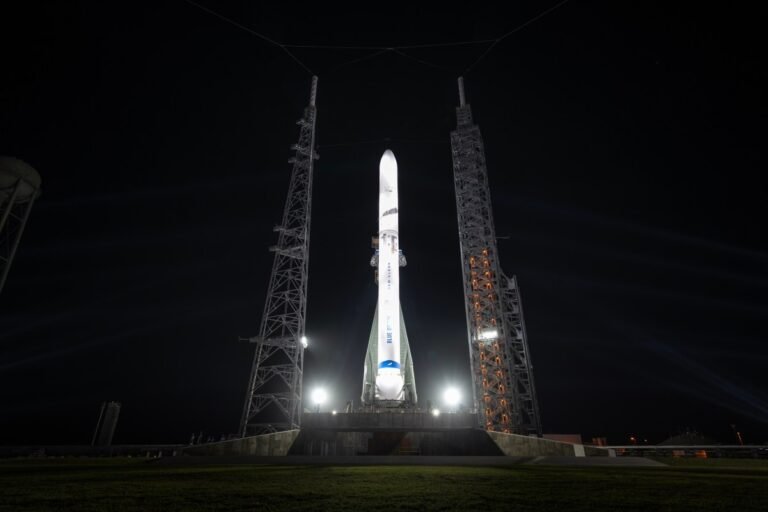
The test version of the rocket is all Blue Origin hardware, but not all of it will necessarily end up going to space.
Tests are anticipated to take at least a week, Blue Origin CEO David Limp said on LinkedIn.
(The BE-4 engines gained flight heritage earlier this year, when they powered United Launch Alliance’s first Vulcan Centaur rocket launch.)
The 320-foot-tall launch vehicle is Blue Origin’s first heavy-lift rocket, designed to launch more than 45 tons of payload to low Earth orbit.
Blue Origin has also scored launches for telecom providers Telecast and Eutelsat for later this decade.
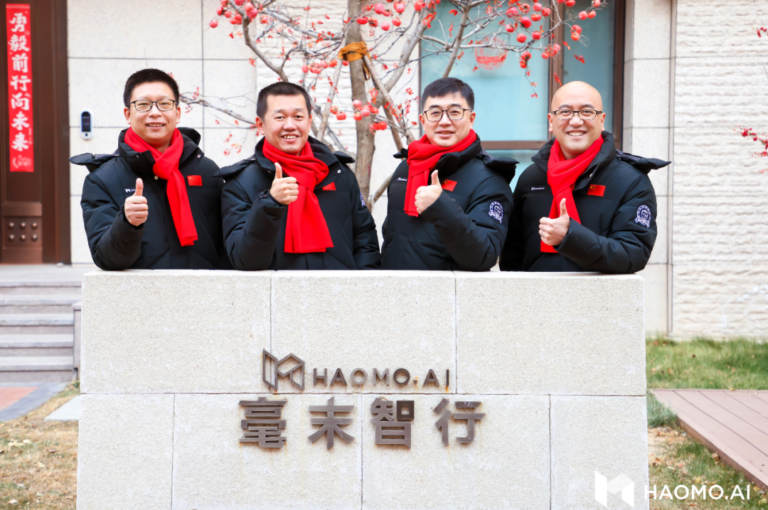
After a few years of funding frenzy, autonomous driving companies in China are experiencing a slowdown in investment.
Haomo.ai, an autonomous driving startup backed by Chinese automaker Great Wall Motor, has raised 100 million yuan, or $14 million, from a fresh round of funding, it said today.
Four-year-old Haomo has raised over $200 million worth of equity funding, according to startup database ITJuzi, and all of that money was denominated in Chinese yuan.
Chinese food delivery giant Meituan and Qualcomm Ventures, the corporate venture arm of Qualcomm, are among Haomo’s past investors.
Haomo is competing with a rank of Chinese AV upstarts that raised money from Western VCs and, such as Pony.ai, WeRide, Momenta, Deeproute.

Uber has signed a memorandum of understanding with an Indian government-backed program that aims to make mobility and commerce more accessible across the South Asian nation.
The ride-hailing giant said Thursday that it will explore an integration with Open Network for Digital Commerce (ONDC) to explore integrations with the network and expand range of its mobility offerings on the Uber app.
The ONDC is an ambitious initiative seeking to disrupt the country’s fast-growing e-commerce and mobility sectors.
Though firms like Amazon and Flipkart have expressed intentions to participate in the open network, their engagement remains limited.
“As the Open Network is continuously evolving, MTT (mobility, transport and travel) is certainly a critical sector for us.
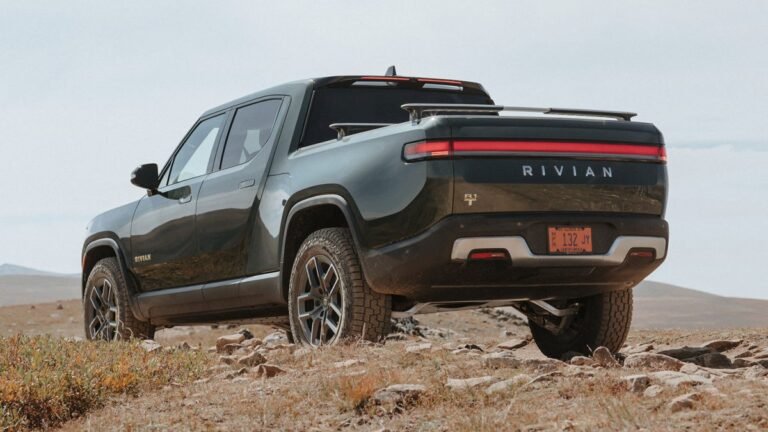
This is the third round of layoffs for the EV company since July 2022 when Rivian cut 6% of its workforce.
On a full-year basis, Rivian reported revenue of $4.4 billion, up from $1.66 billion in 2022.
It brought in about $39 million in the fourth quarter and $73 million for the full year from the sale of regulatory credits.
On an adjusted basis, it reported a loss of $1.1 billion compared to a $1.5 billion loss in the same year-ago period.
“We took significant steps towards driving greater efficiency in 2023 gross profit per vehicle improved by approximately $81,000 when comparing the fourth quarter of 2023 to the fourth quarter 2022,” Scaringe said on an earnings call Wednesday.
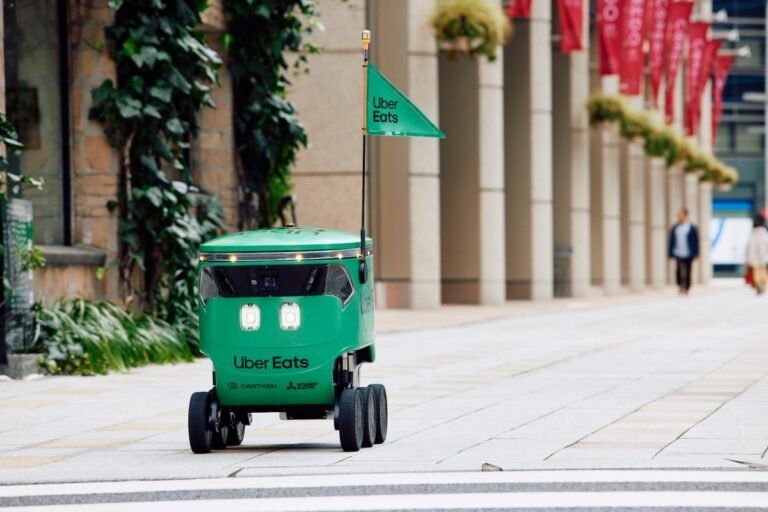
Uber, along with partners Mitsubishi Electric and autonomous robotics startup Cartken, are launching a service in Japan that will use self-driving sidewalk robots to deliver food to customers.
Uber and Cartken, a startup founded in 2019 by former Google engineers behind the short-lived Bookbot, already operate a delivery service together in Fairfax, Virginia and Miami.
Cartken’s autonomous sidewalk robot, known as Model C, will be used for the delivery service.
Cartken’s teleoperations interface will be used by Mitsubishi Electric employees who are trained in Cartken’s remote guidance system, according to an Uber spokesperson.
“We hope that this newly announced initiative will serve as a catalyst for the spread of robot delivery services in Japan,” Tanaka said.

What went wrong at Cruise, a pivot at Vroom and a home for Tesla’s Dojo supercomputerTechCrunch Mobility is a weekly newsletter dedicated to all things transportation Sign up here — just click TechCrunch Mobility — to receive the newsletter every weekend in your inbox.
Autonomous vehicle and EV startups — even those that have since gone public — are trying to cut costs in hopes of extending their capital runway.
Now, a few little birds are telling us that Canoo and Faraday Future — both EV startups that went public via mergers with special purpose acquisition companies — are either reducing salaries or furloughing employees.
So what went wrong at Cruise?
Cruise also revealed that the Department of Justice and the Securities and Exchange Commission have also opened investigations into the company.
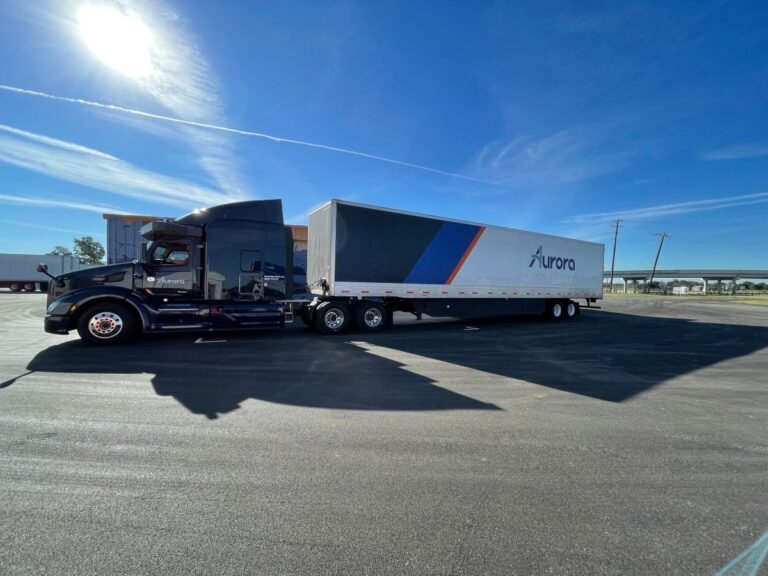
Aurora Innovation, the autonomous vehicle technology company aiming to launch a “driverless” self-driving trucks business by the end of 2024, laid off dozens of workers this month, according to sources familiar with the action.
Aurora employed about 1,800 workers as of the end of 2023, according to the company.
Aurora is also working with automotive supplier Continental on a more than $300 million project to mass produce autonomous vehicle hardware for commercial self-driving trucks.
Developing autonomous vehicle technology that is safe enough for public roads has proven to be an expensive endeavor that has led to numerous startups shutting down or being acquired.
Kodiak Robotics, which is privately held; Torc Robotics; and Sweden’s Einride are also working on self-driving trucks.
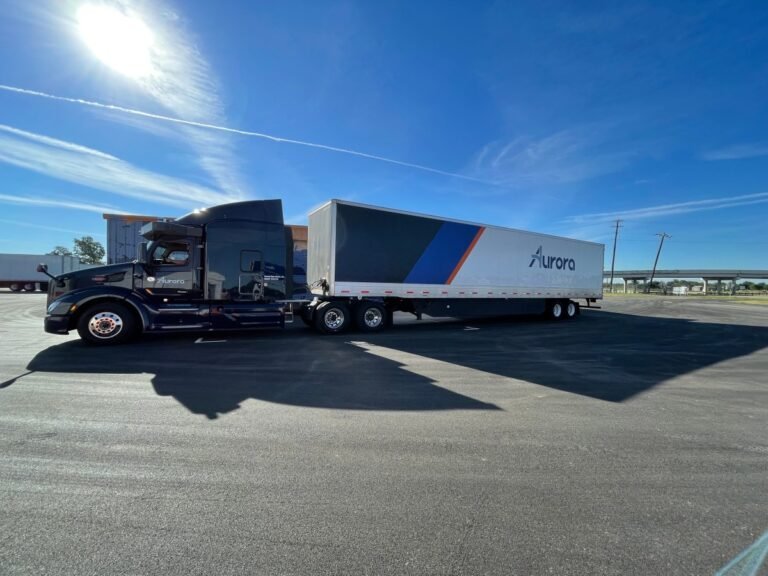
Aurora Innovation, the autonomous vehicle technology company aiming to launch a “driverless” self-driving trucks business by the end of 2024, laid off dozens of workers this month, according to sources familiar with the action.
Aurora employed about 1,800 workers as of the end of 2023, according to the company.
Aurora is also working with automotive supplier Continental on a more than $300 million project to mass produce autonomous vehicle hardware for commercial self-driving trucks.
Developing autonomous vehicle technology that is safe enough for public roads has proven to be an expensive endeavor that has led to numerous startups shutting down or being acquired.
Kodiak Robotics, which is privately held; Torc Robotics; and Sweden’s Einride are also working on self-driving trucks.

Aurora Innovation, the autonomous vehicle technology company aiming to launch a “driverless” self-driving trucks business by the end of 2024, laid off dozens of workers this month, according to sources familiar with the action.
Aurora employed about 1,800 workers as of the end of 2023, according to the company.
Aurora is also working with automotive supplier Continental on a more than $300 million project to mass produce autonomous vehicle hardware for commercial self-driving trucks.
Developing autonomous vehicle technology that is safe enough for public roads has proven to be an expensive endeavor that has led to numerous startups shutting down or being acquired.
Kodiak Robotics, which is privately held; Torc Robotics; and Sweden’s Einride are also working on self-driving trucks.













